Is my lawn just dormant?
In this year of record-high temperatures and prolonged drought, gardeners have faced tough decisions. Water has been rationed in many areas and folks have had to decide which plants were the most critical – if they were allowed to water outdoors at all.
The question has arisen, then, as to whether lawns will come back. How brown can turfgrass turn before it’s beyond the brink – the point of no return?
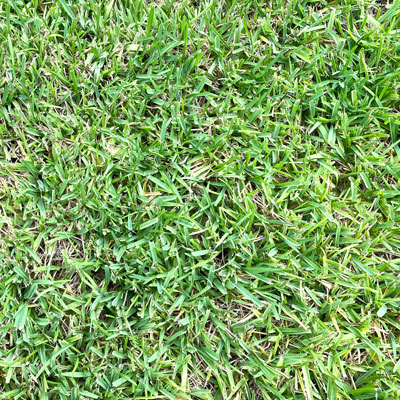
The answer varies with the age of the lawn (new lawns have far less staying power built up yet), but much more with the type of grass involved. Bermuda and buffalograss are our two most drought-tolerant grasses, but since bermuda invades buffalograss as soon as rainfall and irrigation return, we’ll just discuss bermuda for starters.
Browned bermuda lawns will generally come back if lack of water is the only thing that plunged them into “brownness.” Once it starts raining again and water curtailments are lifted, apply an all-nitrogen fertilizer and watch it resurrect itself as a turfgrass. You’ll need to use weedkillers to help keep it clean, but it will come back.
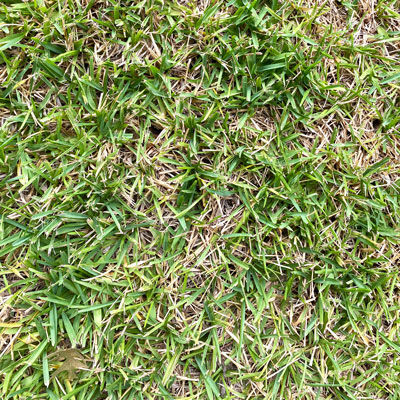
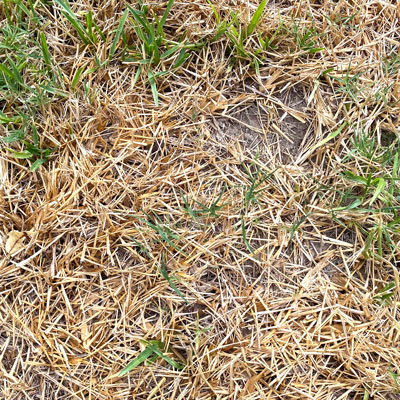
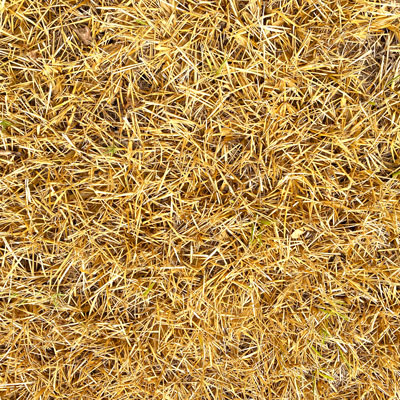
St. Augustine is the far bigger concern. If it has just lost some of its overall crispness it should be fine, but any areas that have turned completely brown may be lost. The difference between St. Augustine and bermuda is that St. Augustine only has stolons (above-ground runners), while bermuda has both stolons and rhizomes (below-ground runners) that are much more resilient to drought, also pedestrian traffic, fire and other abuses.
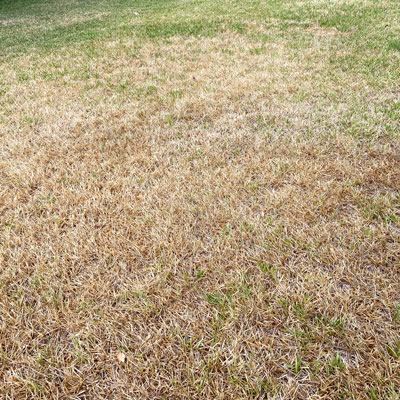
One final warning with St. Augustine: If you’re noticing that the browned areas are exclusively in the hottest, sunniest parts of your yard, that could also be damage done by chinch bugs. They will kill out St. Augustine without your even noticing that they’re there. They’re BB-sized black insects with irregular white diamonds on their wings.
If you part the grass with your fingers you’ll see them flitting around on top of the soil. They’ll probably also be joined by tiny red nymphs – their immature forms. Look for them mainly in the interface between living and dead grass.
There are several products, both liquids and granules, on the market to control chinch bugs. If damage is just starting to show up it’s important that you treat right away. They can kill large patches of grass in just a few days.
Once St. Augustine, and to a large degree, zoysia, turns brown it’s probably lost in those areas and you will face having to replant what could be significant parts of your lawn.
And, for our e-gardeners in the Panhandle and mountains of Southwest Texas, that fescue you grow faints in the heat. If your lawn has become thin with this summer’s high temperatures, make plans now to overseed with more fescue sometime in September. As you know, it’s a cool-season bunch grass (no runners) that is planted going into the fall. It should be overseeded at half the normal planting rate just to maintain a thick stand. But wait for cooler weather and hopefully a few rainy days before you start the re-planting.
